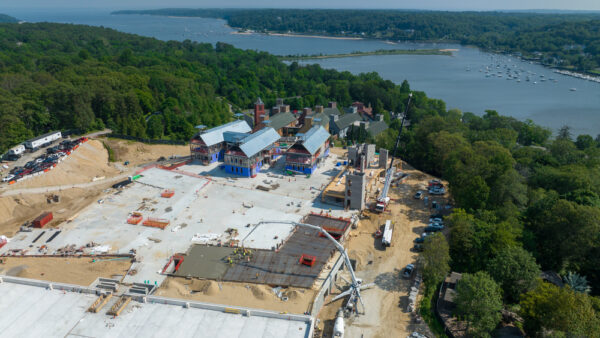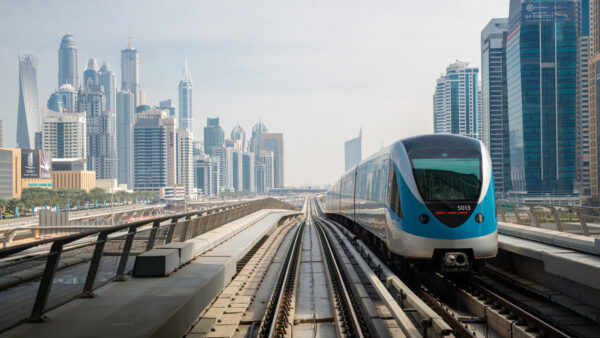After being suspended last year by Malaysia’s new prime minister on grounds of fiscal responsibility, the 350-km Kuala Lumpur-Singapore High Speed Rail project is back on the table, with two consultants chosen to review new technical and commercial proposals.
Global financial advisory firm Ernst & Young (EY) won the bid to be commercial advisory consultant (CAC), responsible for developing new business models, identifying funding options, updating the ridership forecast and the economic benefits the link will give Malaysia, in whose territory most of the line would be situated.
Malaysian engineer Minconsult Sdn Bhd won the bid to act as technical advisory consultant (TAC), and will review proposed infrastructure design changes including alignment, stations, and train maintenance facilities.
MyHSR Corp, the government-owned company set up to deliver the railway in 2015, held a three-month tender for the roles starting in April, and announced the two winners on 28 June.
“The appointment of TAC and CAC is a major step in the effort to develop an affordable KL-SG HSR,” said MyHSR chief executive Dato’ Mohd Nur Ismal Bin Mohamed Kamal.
“The solution will be a holistic one, it will respect the needs of the Government of Singapore, cognisant of the market expectation of the project sustainability and bankability, and without compromising on service reliability, journey time and safety.”
The news will be welcome to a number of large global construction and engineering companies – including Aecom, CH2M (Jacobs), Mott MacDonald, and WSP – who won roles on the ambitious scheme after the two countries formally agreed to proceed with the railway in December 2016.
Two weeks after his election in May last year, new prime minister Mahathir Mohamad shocked the engineering community by unilaterally cancelling the scheme to avoid, he said, Malaysia “being declared bankrupt”.
He said the eight-station railway, which would cut the commute between the two large cities from more than four hours to 90 minutes, would cost Malaysia $27.6bn, “and will not earn us a single cent”.
Later, in September 2018, both governments agreed to suspend the project until 31 May 2020, pushing back its expected completion from December 2026 to January 2031.
If Malaysia doesn’t go ahead with the railway by 31 May 2020, it will compensate Singapore for costs.
Image courtesy of Singapore’s Land Transport Authority
Further reading:






